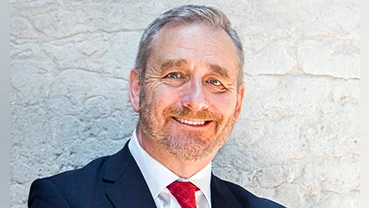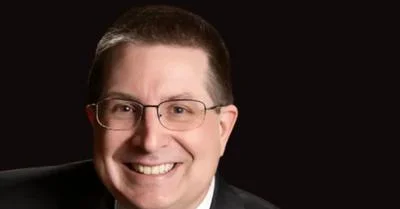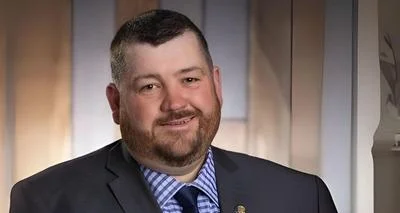Professor David Rowe knows that students in his political science seminars have diverse perspectives and can debate nearly any topic with relative ease. He relishes these wide-ranging conversations.
When teaching these classes, he knows that it’s his job not simply to moderate a lively exchange of views, but to help students understand tricky and sometimes counterintuitive ideas. That requires him to maintain a crystal-clear sense of purpose.
“I’m always asking myself: what’s the goal here? In a seminar, my purpose is to facilitate a conversation that leads students to understand a set of points,” he said. “Whenever I have a decision to make about how to phrase a question or make a statement, that purpose guides how I act.”
Take, for example, a class he teaches on the moral logic of terrorism. “We often think of terrorism as nihilistic and immoral,” he said. “But [I want to help students understand that] the people who engage in terrorism are actually working within a moral framework. We may not agree with that framework, but just saying, ‘You’re violating my moral beliefs,’ doesn’t mean you can completely dismiss the other person.”
To help students comprehend this surprising idea, they discuss texts from authors, including Nelson Mandela, who make compelling points about why people in desperate situations might feel that they have no other choice but to commit acts of terrorism. Considering such ideas — from a Nobel Peace Prize Winner, no less — can feel wildly disorienting to students, who pepper Rowe with questions and counterpoints to explore the cognitive dissonance they feel. He carefully guides the conversation to help illuminate the underlying concepts with clarity.
That paradigm-shifting experience, he said, is a hallmark of a classic liberal arts education, and it definitely doesn’t happen by chance. It’s possible because Rowe has an intentional goal that he is aiming at from the very beginning.
He knows he has succeeded in this aim when his students file out of the classroom looking a little shell-shocked. “The best class is one where everyone is silent at the end, because their worldview has been turned upside down,” he said. “It means that their prior intuitions haven’t simply been confirmed — it’s changed the way they think about the world.”
Original source can be found here.





 Alerts Sign-up
Alerts Sign-up